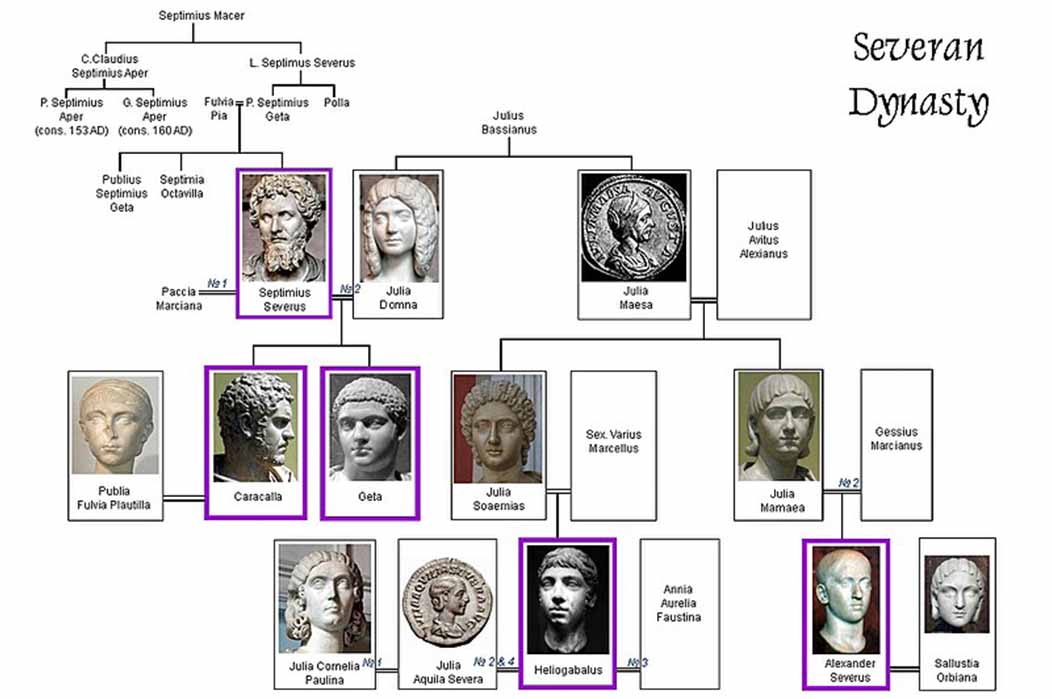
Military Anarchy Period Of The Roman Empire: Descent Into Hades 235-250 AD
Most experts today recognize that the period of the Antonine Imperial Dynasty, which lasted from 96 to 192 AD, corresponded to the zenith of the Roman Empire. Yet, just over 40 years later, the Roman state which had diligently ruled most of Europe, North Africa and the Middle East for three centuries descended into a period of general disorder which threatened its existence. During this period of around 50 years, designated by modern historians as the era of military anarchy of the third century, 20 generals unconventionally designated as Emperors, fought and succeeded each other in rapid succession. To add to the pandemonium, an equivalent number of pretenders also took arms in attempting to grasp the purple cloak. Understandably, very few of these men died of natural causes.

Emperor Marcus Aurelius, last of the Five Good emperors of the Nerva-Antonine line ( Matthew/ Adobe Stock)
The End of the Principate
During the reigns of the Antonine Emperors, at the heart of the Pax Romana, the social and financial equilibrium of the State was at full maturity. The cultural influence of the Roman world was perceived as far as India. It was under the Antonines that the Empire reached the greatest geographic extent in its history. By the same token, the ‘natural’ physical limits of the Empire had been reached, since any additional territorial expansion would have made the Empire difficult to govern and almost impossible to defend with the ‘technical’ means and resources of the time. The reign of the last Antonine, Commodus, concluded an era in the history of the Empire. The social and financial balance maintained for more than two centuries began to show signs of strain. The considerable weakening of the aristocracy and of the authority of the Senate prompted the degradation of the Principate system inaugurated by Augustus and signaled the prelude to a military monarchy that eventually erased all pretense of civil authority from the Empire.
During the reigns of the Severan Emperors which followed, the economic situation of the Empire remained strong, but it witnessed the appearance of new taxes and the disappearance of important exemptions reserved for the aristocracy. The currency began to lose its value and its circulation decreased. The scarcity of precious metals and the decline in trade, caused by the impoverishment of the aristocracy, were undoubtedly among the initial causes.

Severan Dynasty with Alexander Severus bottom right (shako/CC BY-SA 3.0)
Three distinctive features defined this dynasty. First, as a rule, the Severans governed as absolute monarchs, thus excluding the Senate from the decision-making process. The civil facade of the authority represented by the reign of an Emperor who collaborated with the Senate, a normality under previous dynasties, disappeared. The process of centralizing power was complete, and the State intervened in almost all spheres of society.
Second, the Severans devoted significant resources to the army. They granted numerous privileges and substantial increases in pay, so that the general condition of the military improved considerably. The influence of the military was greatly increased at the expense of what was left of senatorial authority. The army now represented the main lever of the Emperor’s authority on the political spectrum. Finally, in connection with the obliteration of the authority of the Senate, the aristocracy hard hit by the Severans was also impoverished and even, according to some historians, reduced in numbers.
This condition would have major repercussions at the death of the last Severan Emperor, Severus Alexander, in 235. It was then that a political vacuum was created, and a crisis ensued. The weak positions of the aristocracy and the Senate in the political arena left the way open for the military to compete for power.




